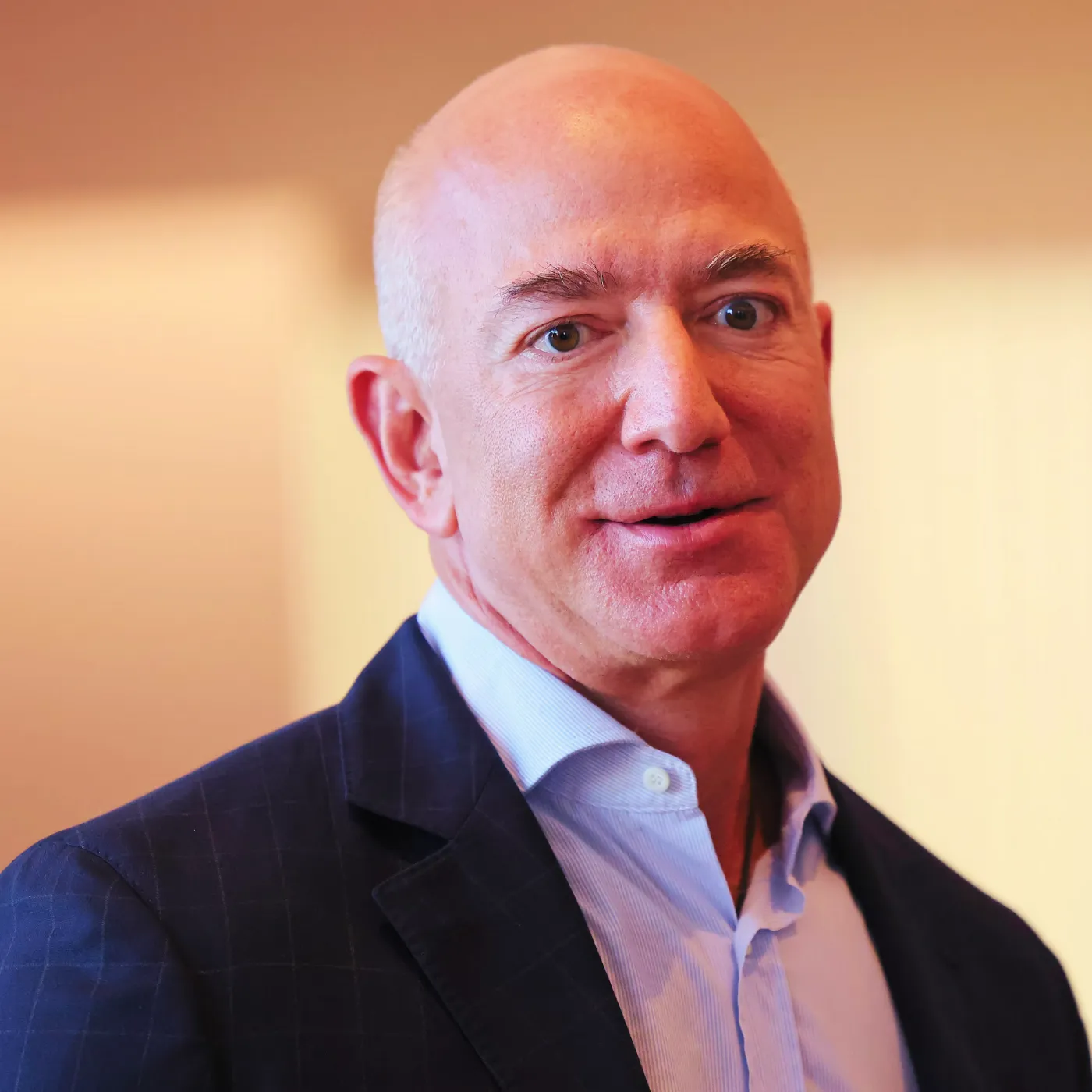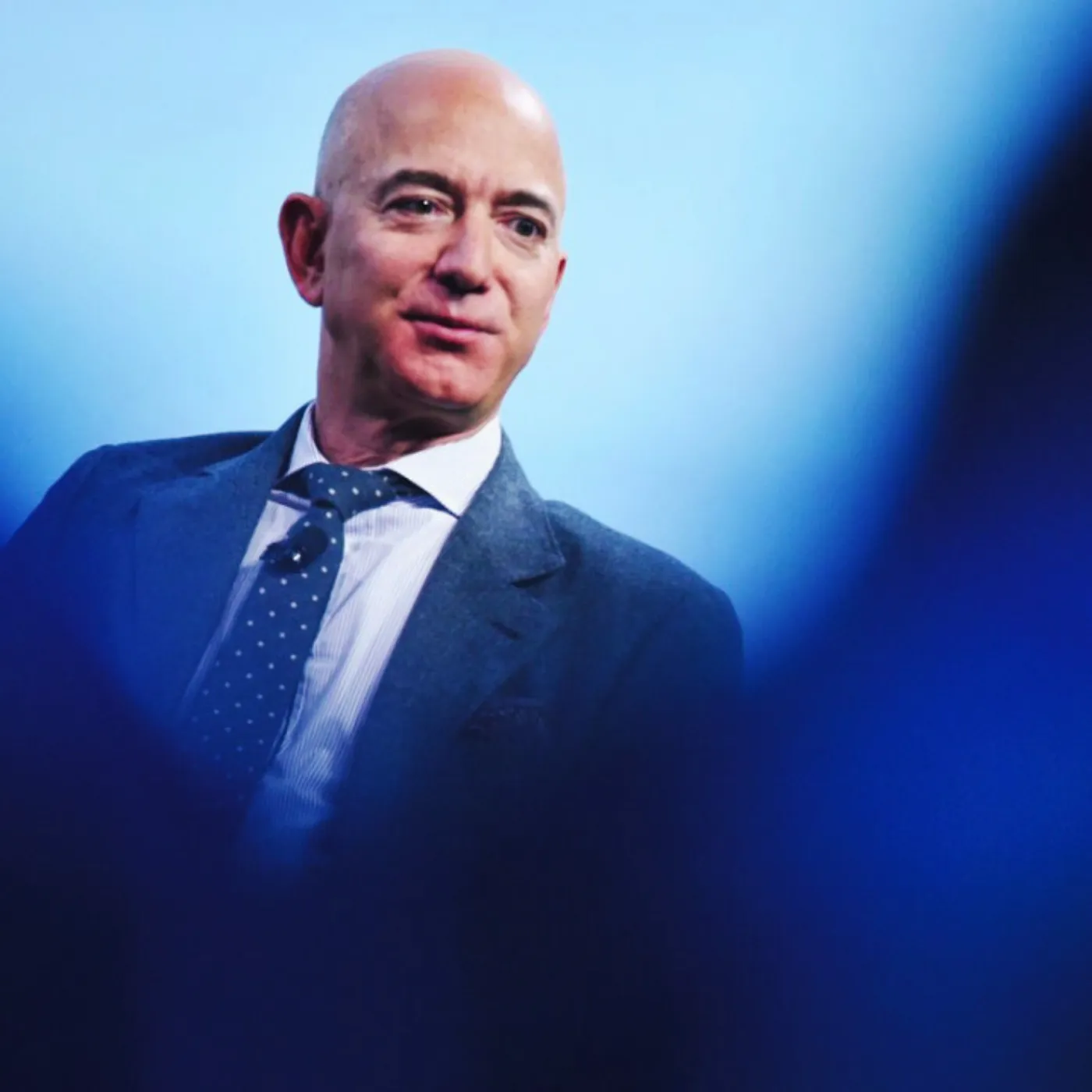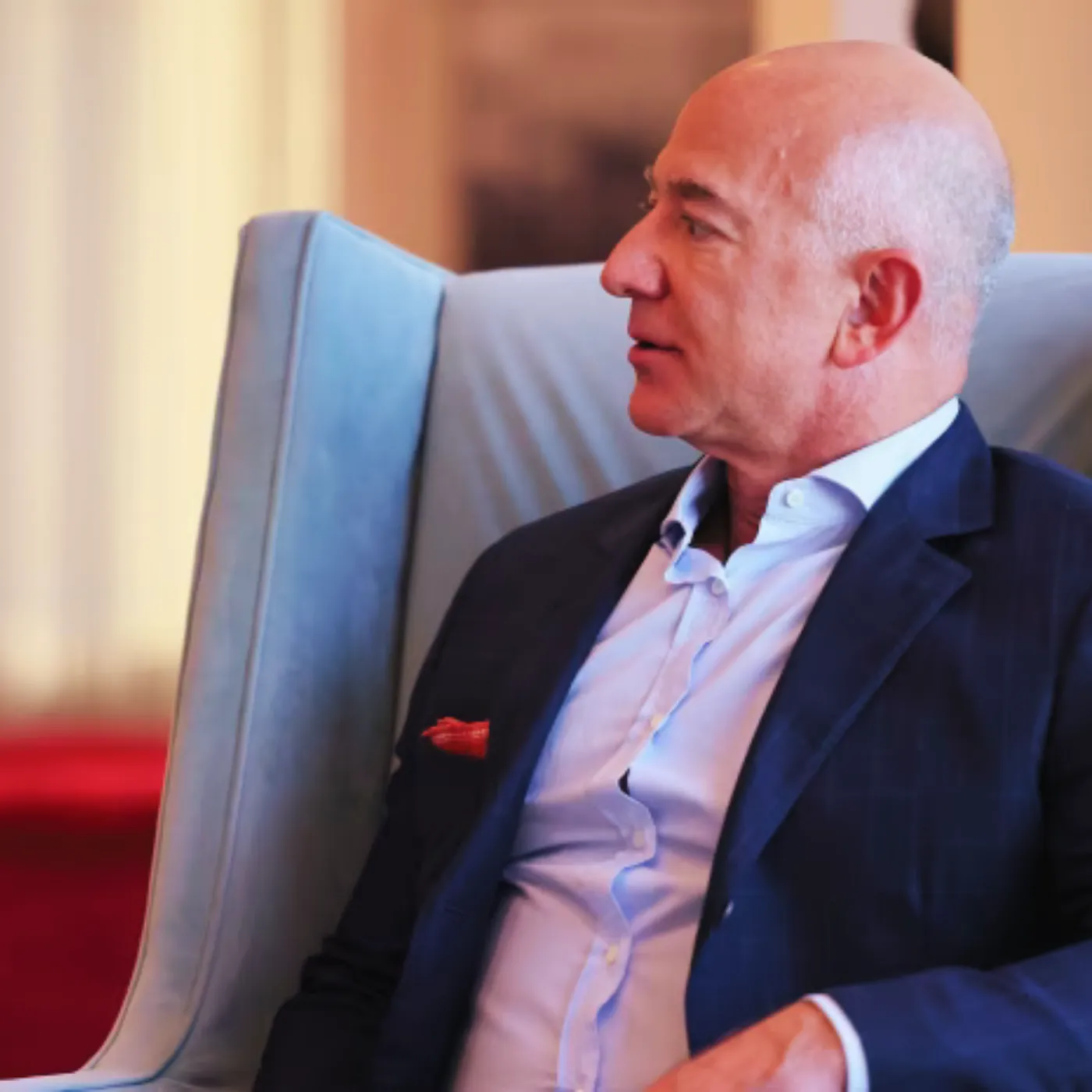

Jeff Bezos’ Washington Post Makes Waves with OpenAI ChatGPT Deal
The tech world has been buzzing since the announcement of the groundbreaking partnership between Jeff Bezos’ Washington Post and OpenAI. The deal, which grants the renowned newspaper access to OpenAI’s powerful ChatGPT search capabilities, is poised to change the way we interact with news, AI, and search engines. But beneath the surface of this partnership, there are some serious implications that could reshape the landscape of both the media and artificial intelligence industries.

The Big Deal Between Bezos and OpenAI
In an era where information is everything, Bezos’ Washington Post has consistently been at the forefront of news reporting. But now, with the OpenAI licensing deal, the publication has taken a bold leap forward into the future of digital media. Through this deal, the Washington Post will integrate OpenAI’s revolutionary ChatGPT search technology into its systems, enhancing the user experience for millions of readers across the globe.
While many are celebrating this step as an innovative leap into AI-driven journalism, others are questioning what it means for the future of media, information control, and search engine supremacy.
ChatGPT: A Game Changer for Search Engines?
ChatGPT, OpenAI’s most recent achievement, has been hailed as a game-changer in the world of artificial intelligence. Unlike traditional search engines, which rely on complex algorithms to provide links to content, ChatGPT allows users to engage in interactive, natural language conversations with AI. This means that rather than scrolling through pages of links, users can get direct answers to their questions, almost as if they were having a conversation with a knowledgeable expert.
For the Washington Post, this means significantly enhanced search functionality for its users. The integration of ChatGPT search will allow readers to quickly find the articles, data, and background information they need without wasting time. It’s efficient, fast, and highly personalized.
But this innovation raises some tough questions: is this the future of search engines? Will traditional search methods, like those offered by Google and Bing, become obsolete? Or will they adapt to this new, AI-driven world?
What Does This Deal Mean for the Future of Journalism?
For Jeff Bezos, the move could signal a huge step in shaping the future of journalistic standards and content delivery. As one of the richest men in the world, Bezos’ ventures have always focused on efficiency and scalability, and this deal is no different. By integrating AI into news searches, he’s pushing the Washington Post to stay relevant and meet the ever-evolving demands of today’s digital consumers.
But with power comes responsibility, and many are wondering if this collaboration might lead to ethical dilemmas in news reporting. Could AI-driven content filtering and delivery prioritize certain viewpoints or narratives over others? With Bezos controlling both Amazon and the Washington Post, critics fear that his influence could lead to the manipulation of public opinion, especially as AI technology becomes more pervasive.
In the past, Bezos has faced scrutiny for his monopolistic practices, particularly in the way Amazon affects small businesses and labor markets. Now, with his control over one of the largest newspapers and access to OpenAI’s cutting-edge technology, the concentration of media power could reach unprecedented levels. Are we witnessing the dawn of a new era in media dominance, where only a few powerful corporations control the flow of information?

The Ethics of AI in Journalism
One of the major concerns surrounding this deal is the potential for bias in AI-driven news coverage. ChatGPT, like other machine learning algorithms, learns from massive datasets, and it’s important to understand that these datasets can contain inherent biases. If AI systems are trained on content that prioritizes certain types of narratives or perspectives, they could unintentionally amplify those views, leading to skewed reporting and unbalanced coverage.
As AI-driven systems become more integrated into our daily lives, the role of human editors in shaping the news could diminish. AI-generated content may not always meet the same ethical standards as traditional journalism, which is held accountable by professional guidelines and public scrutiny. With Bezos’ Washington Post embracing AI, some question whether the AI-assisted journalism will live up to the rigorous ethical standards of journalism or whether it will take shortcuts in pursuit of efficiency.
While the ChatGPT search integration offers quick answers, it’s important to ask whether the information being served up will be objective, or will it cater to those with the most powerful algorithms and datasets? Can we trust AI to deliver news that isn’t influenced by hidden agendas or biases embedded in the system?
AI and Information Gatekeeping
For decades, traditional search engines like Google have been the gatekeepers of information. When people want to know something, they turn to search engines. But with the rise of AI-powered search tools like ChatGPT, Google’s dominance in the search space is being challenged.
Bezos’ Washington Post could play a pivotal role in shaping the way AI-powered search evolves, and its collaboration with OpenAI will likely have an impact on how search engines operate moving forward. With AI becoming smarter, it will likely not just show links to content but provide users with instant, personalized answers, reshaping the very concept of search.
For now, Google remains the undisputed leader of search engines, but the rise of AI search tools could change the playing field, and the stakes are higher than ever.
The Billion-Dollar Question: Who Benefits the Most?
While this deal might be great for the Washington Post and OpenAI, the question remains: who ultimately benefits from this partnership? For Bezos, it’s clear that enhancing the functionality of the Washington Post and creating a stronger foothold in AI technology could add immense value to his portfolio. But for OpenAI, this deal is also a major win, as it offers their technology a wider and more influential platform.
But what about the public? Will users benefit from faster and more accurate search results, or will they face a new kind of information overload, where the flood of AI-generated content makes it harder to discern truth from fiction? Will this partnership pave the way for greater access to quality news, or will it further solidify the control of powerful corporations over the flow of information?
As AI continues to develop, it’s clear that Jeff Bezos and the Washington Post have positioned themselves at the center of a digital revolution, one that will likely change the way we consume news forever. But with great power comes great responsibility, and only time will tell how this innovative partnership will reshape the future of media, journalism, and artificial intelligence.

The OpenAI licensing deal with the Washington Post marks a major turning point in the intersection of AI technology and journalism. While the potential benefits for both organizations are clear, the deal raises important questions about the ethics, bias, and concentration of power within the media industry. As AI becomes an ever-growing force in our lives, we must consider the role it will play in shaping our perceptions of the world around us.
With Jeff Bezos leading the charge, it seems that the future of media is not only about information but also about who controls it. Will AI make the media landscape more democratic, or will it only serve to further entrench the power of the few? That’s the question everyone should be asking.


















